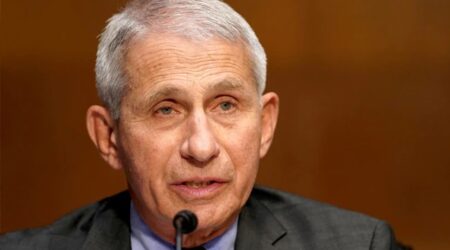New Delhi/Washington: Pakistan has discreetly removed the names of around 4,000 terrorists from its watchlist, including that of one of the major planners of the 2008 Mumbai terror attacks, an Artificial Intelligence (AI) startup has revealed.
Due to Pakistan’s long history of exporting terror to India and the rest of the world, the country has been placed under grey list by Financial Action Task Force (FATF), the global watchdog for terror funding.
Dissatisfied with Pakistan’s efforts to curb terror-funding, the FATF in February noted that Islamabad had addressed only 14 points out of 27 conditions to get off the grey list.
The FATF is to again evaluate Pakistan’s progress in June.
The New York-based startup Castellum, which automates watchlist compliance, has found that in the last year and a half, Pakistan has deleted “3,800 names from the Proscribed Persons List, without explanation or notification to the public”.
The Imran Khan government removed about 1,800 names from its terrorist watchlist since March 9th “without any public explanation, including Zaka ur-Rehman, an alias of the Lashkar-e-Taiba leader and alleged mastermind of the Mumbai attacks”, the Castellum report said.
According to a FATF report, Pakistan’s terrorist watchlist had about 7,600 names in October 2018.
Castellum.AI, which regularly uses new data sources, added the Pakistan Proscribed Persons List to its database on March 9.
Between March 9 and March 27, Castellum.AI data showed that the Khan government removed 1,069 names from the Proscribed Persons List, and that all those names then appeared on Pakistan’s official denotified list. Since March 27, another 800 or so names have been deleted.
To ensure that the AI looked at only the most likely cases where internationally listed terrorists were removed, the startup first downloaded the official denotified List, then screening the names against its watchlist database.
Following this, the AI removed all matches that did not match all name parts and removed all matches where the listed persons were not citizens of Afghanistan or Pakistan (the Proscribed Persons list seems to only have these two groups).
Then the AI ensured that exculpatory information does not exist, for example, IDs that do not match, or news reports that the individual is deceased.
An article was published in a Pakistani newspaper, saying that names were removed because “the list has been bloated up to 7,000 names with multiple inaccuracies such as the names of dead individuals, Afghan nationals, untraceable names without proper identifiers”.











